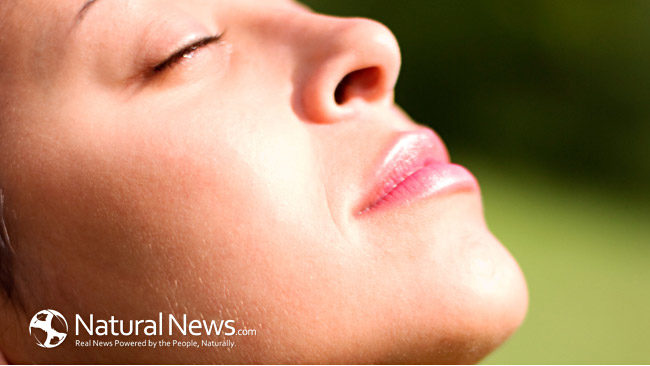Although uncommon, corneal sunburn and temporary blindness can occur during both the winter and summer months if proper eye protection is not provided. Whether skiing in the bright powdery snow or enjoying a nice sunny day at the beach damage to the cornea occurs due to the intensity of the sun’s light as well as objects that may reflect its light. Because of this it is important to take proper precautions in order to prevent possible cornea damage throughout the year. This includes knowing the causes and symptoms of possible cornea damage, identifying various options for eye protection, and what to do if eye damage or temporary blindness does occur.
Overexposure to ultraviolet rays from the sun or sunlight reflecting primarily off of water, snow, or sand has been known to be the leading cause of sunburn damage to the cornea. Overexposure to light produced from tanning beds, halogen lamps, and even welding torches have also been known to cause temporary cornea damage although not as common. Damage to the cornea can occur from ultraviolet rays within 3 to 12 hours if proper precautions are not taken beforehand. Symptoms of cornea damage include light sensitivity, uncontrollable tearing, blurry or impaired vision, pain in the eyes, and even temporary blindness. In extreme cases loss of vision can occur.
There are several options to choose from regarding proper eye protection to harmful ultraviolet rays. These options include basic sunglass eyewear that provide 100 percent UV protection that come in many different shapes and styles for both men and women that are great for use for both the summer and the winter months. Optometrists recommend even wearing sunglasses on cloudy days to help prevent harmful UV rays from damaging the cornea that might pass through the clouds. During the winter months snow sport enthusiasts can purchase goggles that also provide 100 percent UV protection in order to protect the cornea against the light that reflects from the snow. Individuals that wear corrective lenses can also purchase both eyeglasses and contact lenses that provide 100 percent UV protection.
If symptoms of cornea damage or even temporary blindness begin to occur than it is important to contact a physician as soon as possible. Although it is very important to always be sure to have protective eye care available sometimes overexposure to ultraviolet rays can occur without the individual being able to reach preventative measures in time. Although most symptoms of overexposure to ultraviolet rays are minor (i.e. watery eyes and light sensitivity) proper eye recovery methods should be taken. If symptoms worsen than seek emergency help.
Sources:
“Blindness and Vision Loss.” By Medline Plus. National Institute of Health
http://www.nlm.nih.gov/medlineplus/ency/article/003040.htm
“Sunburn on your Eyes?” By Health Reach. Great Family Health Care
http://www.healthreachchc.org/news/healthTip.php?IDT=47





